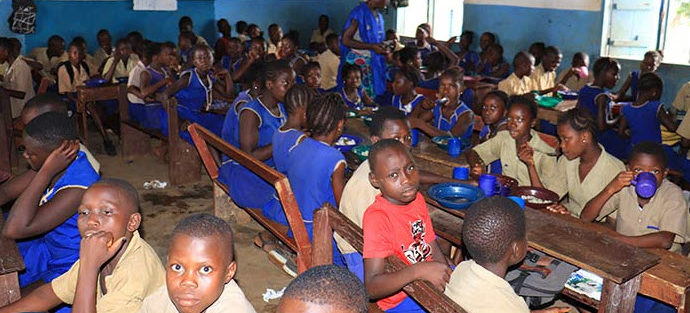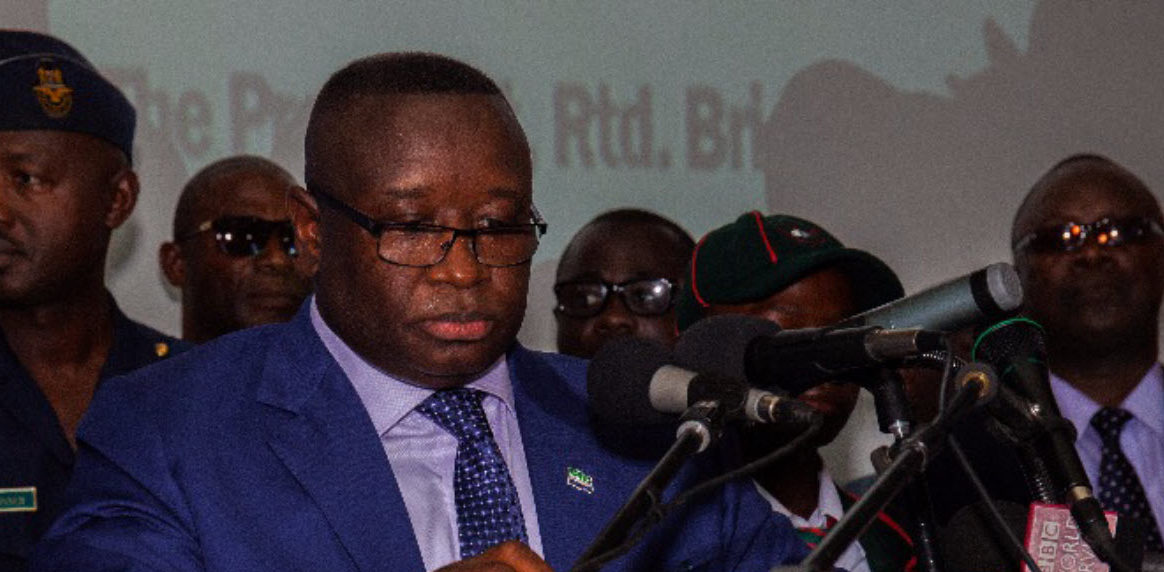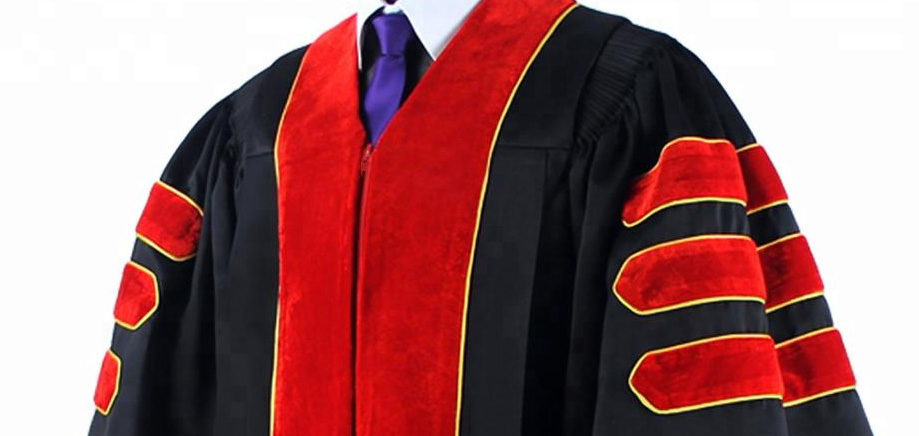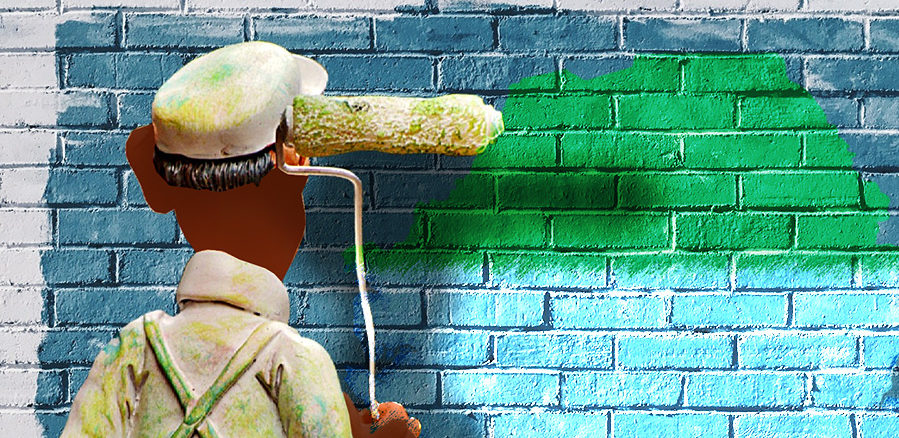
The free education program launched by Thampèreh’s current Painter is already failing, and, sadly, the same administration that brought the initiative is the biggest contributor to its failure. And one might wonder why lead your flagship program to the ruins just like that.
When the current Palm Tree government launched the free quality education initiative, many questioned its timeliness and the lack of proper planning before its implementation. The administration argued that, as a nation, we’re never fully prepared to kickstart initiatives like this and that “we must leapfrog” to get to where we want to be.
Short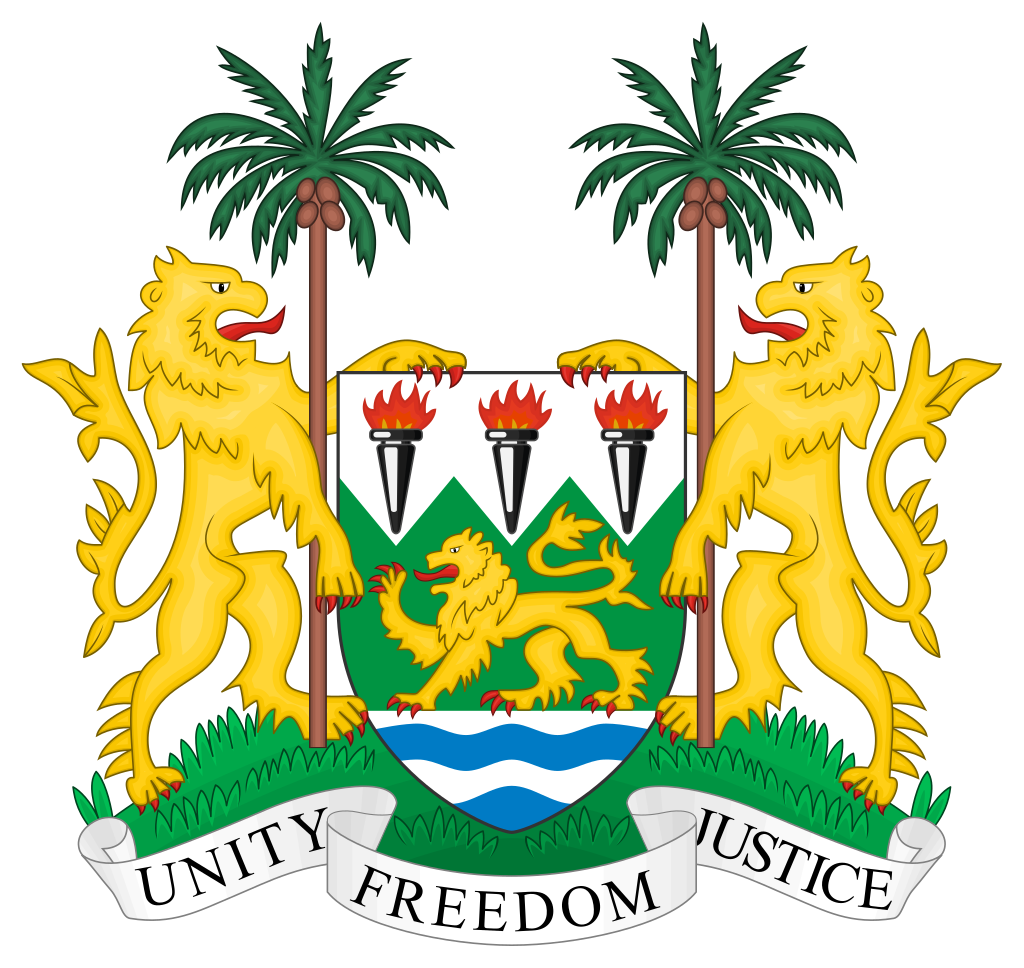 ly after its launch, the people of Thampèreh saw a sort of commitment to this initiative as the government increased the nation’s spending on education and allocated more resources to the sector. The spending saw the construction of more schools, increased teachers’ salaries, and provided more training for them. It created a “radical inclusion” scheme that saw an increase in girls’ education and the disabled.
ly after its launch, the people of Thampèreh saw a sort of commitment to this initiative as the government increased the nation’s spending on education and allocated more resources to the sector. The spending saw the construction of more schools, increased teachers’ salaries, and provided more training for them. It created a “radical inclusion” scheme that saw an increase in girls’ education and the disabled.
While these are great strives, there are still significant challenges, including overcrowded classrooms, teachers compelling parents to spend even more on education due to the delays, and sometimes the lack of delivery of urgently needed materials for teachers to adequately do their work. And despite the huge budget allocation, quality is also missing in the education provided in most schools and among pupils.
The much bigger problem is the level of dishonesty in dealing with many of the issues surrounding the village’s Free Quality Education. In almost all instances, the Painter is credited for Thampèreh’s positive impact on education in the last forty-eight moon circles but fails to take responsibility for the areas in which his administration failed. Often, the administration blames underperformance by schools on either the teachers, pupils, or parents while taking full credit for, say, a high number of passes nationwide. The Painter and his education Carpenters believe the pathway to a better education system has been set forth, and many of the missing qualities are caused by the beneficiaries – pupils, teachers, and parents, (and other times critiques who don’t want to see the good in this administration).
In addition to the dishonesty, the government also has actions that undermine any possible success of the Free Quality Education. There are several utterances by Dataman, the village’s Carpenter of Basic and Senior Secondary School Education, tying any 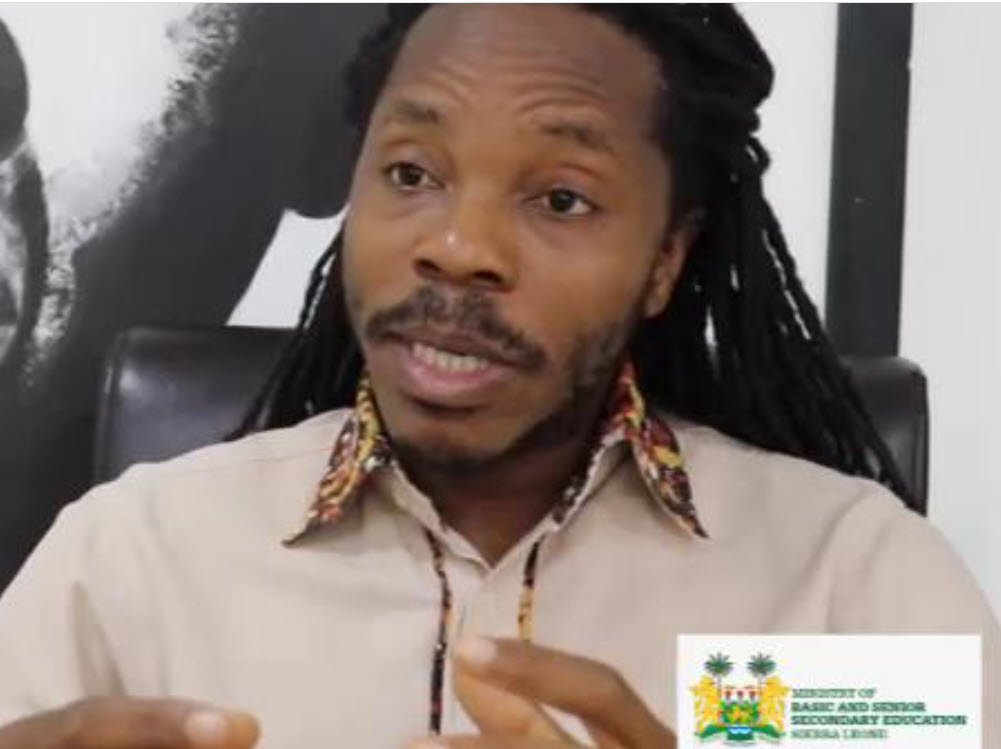 possible future of Thampèreh’s education to the Painter and making it seem like his contribution to improving the education system is for the Painter and not the village. Despite being a fine Carpenter who has, in some ways, contributed to building better foundations in the education sector, Dataman has already ruled himself out of the possibility of or his willingness to work with any other Painter to continue his current work aside from working with the current Painter. From discussions on radio stations, television, and social media, Dataman has stated several times that Thampèreh’s only hope for a better education system is through the current Painter. Without him, Dataman believes everything will head back to its ruins. This already feels like the Painter and Dataman holding villagers as hostages on education. It’s like there’s no plan for villagers to fully own the program or determine its future together. Everything about the FQE has been tied to the Painter and his Dataman. Instead of the “how do we make the FQE better, how do we sustain it and move it together as a village,” Dataman’s biggest sell is “vote for the Painter if you want your education program to succeed.” What happens if the Painter loses elections? Or what happens if (Astagfurlai aka God forbid) the Painter dies? Then the FQE dies with him? Is there a secret about the FQE’s rollout and implementation that only the Painter knows? Is the Painter and his Datman afraid the villagers will find out something about the program if the Painter loses power?
possible future of Thampèreh’s education to the Painter and making it seem like his contribution to improving the education system is for the Painter and not the village. Despite being a fine Carpenter who has, in some ways, contributed to building better foundations in the education sector, Dataman has already ruled himself out of the possibility of or his willingness to work with any other Painter to continue his current work aside from working with the current Painter. From discussions on radio stations, television, and social media, Dataman has stated several times that Thampèreh’s only hope for a better education system is through the current Painter. Without him, Dataman believes everything will head back to its ruins. This already feels like the Painter and Dataman holding villagers as hostages on education. It’s like there’s no plan for villagers to fully own the program or determine its future together. Everything about the FQE has been tied to the Painter and his Dataman. Instead of the “how do we make the FQE better, how do we sustain it and move it together as a village,” Dataman’s biggest sell is “vote for the Painter if you want your education program to succeed.” What happens if the Painter loses elections? Or what happens if (Astagfurlai aka God forbid) the Painter dies? Then the FQE dies with him? Is there a secret about the FQE’s rollout and implementation that only the Painter knows? Is the Painter and his Datman afraid the villagers will find out something about the program if the Painter loses power?
And what happens if villagers decide to vote him for a second term? Will he ask for a third in other to keep the program running? Then a fourth and a fifth term? Will he be Thampèreh’s lifetime Painter?
Then there is the administration’s silence on the recent fake PhD scandal in Thampèreh, which revealed the lack of seriousness by the Painter’s government in ensuring the village progresses towards achieving quality education and reclaiming its past glory.
For a Painter who prides himself as a champion of quality education yet filled his administration with fake degree holders, and even when caught, he remains silent about it, goes to show that he doesn’t care about putting quality in Thampèreh’s education. Like the overcrowded classrooms and the worrying performance of students in public exams, the Painter craves more for quantity and would therefore endorse fake degree holders if the data shows an increase in the number of people holding Masters, PhDs, and other degrees since he took office.
It is one thing not to crosscheck people’s qualifications when they apply for jobs or get appointed to hold public offices; it is another to remain silent and do nothing about allegations of fake degree holders serving in some of the country’s top and most important institutions.
But through his silence, the Painter is also sending a message.
The silence is the Painter’s direct message to the thousands of students across Thampèreh, telling them to not worry about working hard in school and if they end up getting caught for buying fake results, that he, the Painter, has their backs. It is a message telling pupils to pretend to their parents that they are going to school, and as long they return home with a result, even if it’s fake, their parents and society will accept them.
The Painter’s direct message to parents is that they can buy their children’s way into obtaining any degree of their choice if they have the money to pay. It is a direct message to teachers and school administrators that they can continue extorting money from students and parents and give them certificates they don’t work for or deserve.
Above all, it is a message to the nation that morality and hard work no longer matter, and what counts is money and buying your way through education. The Painter is saying to the villagers that it is okay for citizens to purchase fake titles and still hold top positions like the village’s Inspector General of Police, and the clerk of the People’s House. And even when obtaining those fake qualifications has directly impacted the village’s growth, the Painter is saying it is still okay not to dismiss people or hold them accountable for their role in pulling the village backwards.


